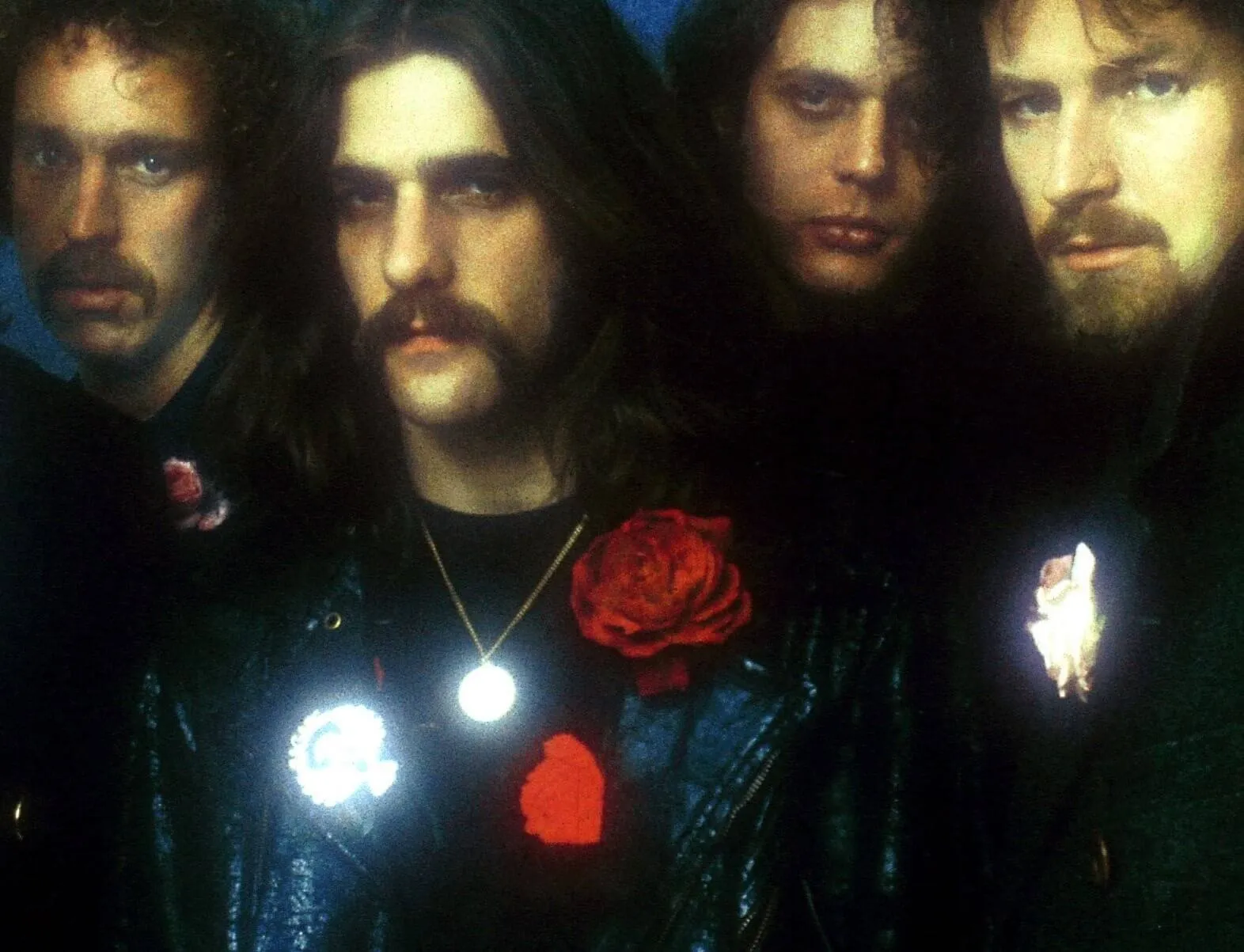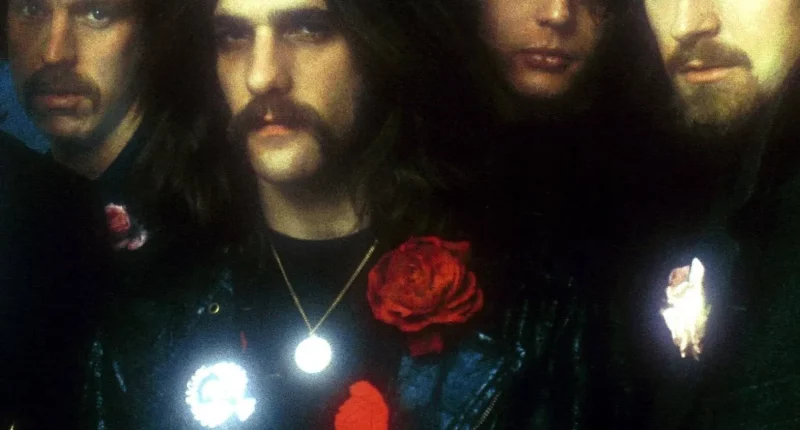
Music
Classic rock wasn’t always great to women. The Eagles are often hailed as one of the greatest rock bands, but some of their music has been criticized for sexism.
Classic rock wasn’t always great to women. The Eagles are often hailed as one of the greatest rock bands in history, but some of their music has been criticized for its sexist themes. While many fans appreciate their sound, some of their lyrics have raised concerns about the group’s attitude toward women.
The Eagles’ songs focus on women often but rarely in flattering ways
The Eagles’ songs often depict women in stereotypical roles. In hits like “Witchy Woman” and “Lyin’ Eyes,” women are portrayed as deceitful or manipulative. These songs reinforce a lot of outdated and ugly ideas about gender dynamics.
Another issue in The Eagles’ music is the objectification of women. Songs like “Hotel California” describe women as mere tokens of desire, without much depth or individuality. This focus on physical attraction reinforces the idea that women are valued primarily for their looks. Such depictions can perpetuate harmful views about women’s worth.
The Eagles glorified male dominance
The band’s music often glorifies male dominance in relationships. In songs like “Take It Easy,” men are portrayed as carefree and in control, while women are merely a part of the backdrop. This power dynamic reinforces traditional gender norms, where men are seen as the dominant figures and women play secondary roles.
While The Eagles have undeniably created some of the most iconic songs in rock history, their lyrics reflect outdated views on gender and relationships. These songs may have been a product of their time, but they also highlight the need for change in how women are portrayed in music.
Don Henley explained the sexism in 1 of his band’s songs
During a 2003 interview with The Uncool, Don Henley discussed the resentments behind The Eagles’ “The Best of My Love.” “That was the period when there were all these great-looking girls who didn’t really want to have anything to do with us,” he said. “We were just scruffy new kids who had no calling card. We could be cocky at times — which was really just a front — but we weren’t very sophisticated or confident. We were typical, frustrated, young men.
“We wanted the girls to like us, but we had all the immature emotions that young men have — jealousy, envy, frustration, lust, insecurity, and the lot,” he added. “At the same time, however, we were also becoming quite adept at brushing off girls who showed any interest in us. ‘If you want to be with me, I can’t possibly give you the time of day. I want that girl over there who couldn’t care less if I live or die.’”
The Eagles had some issues with women and they weren’t shy about them.








